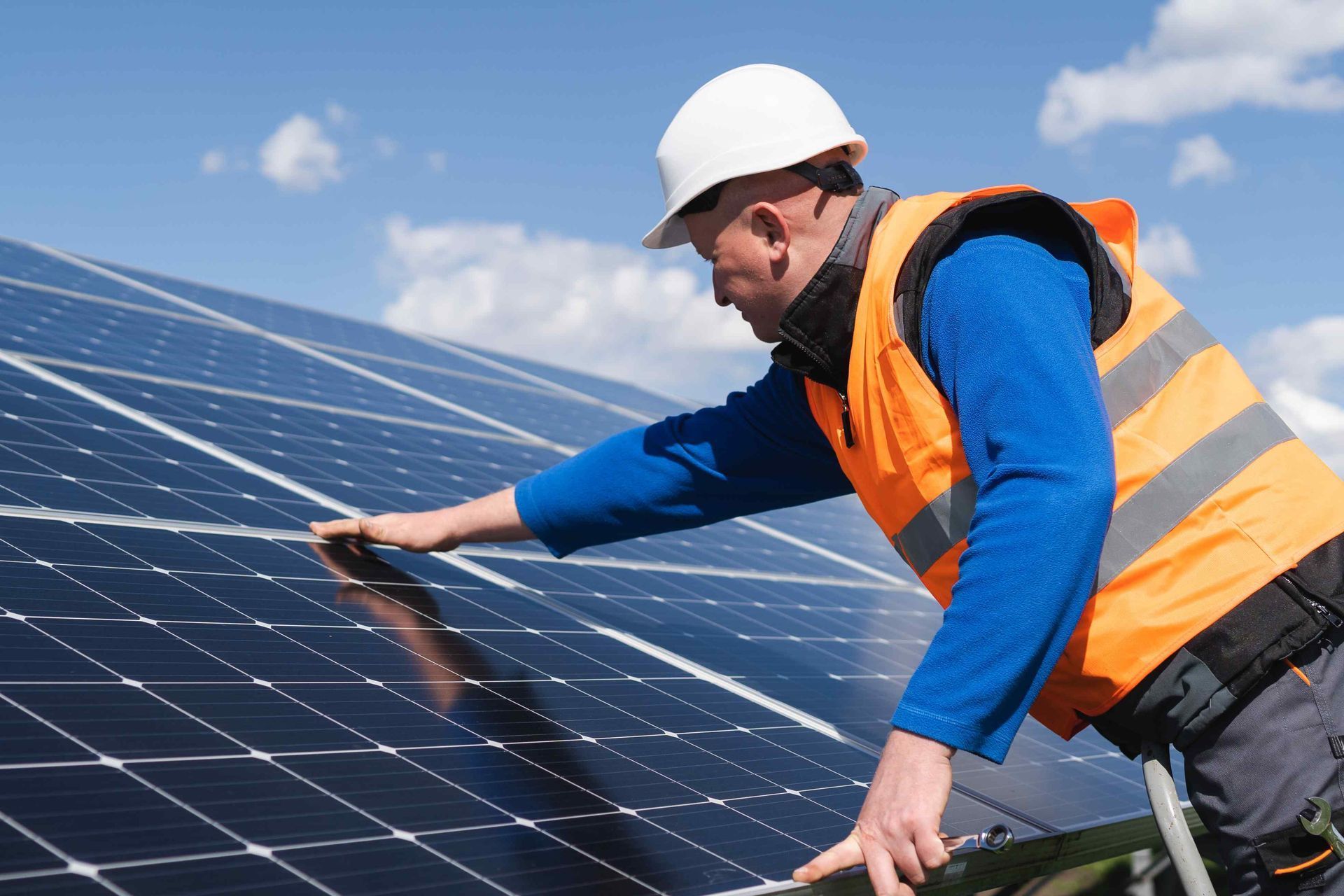Top 5 Solar Incentives and Rebates Available in Orlando
Top 5 Solar Incentives and Rebates Available in Orlando
Making the switch to solar energy in Orlando comes with a host of benefits, including the opportunity to take advantage of various incentives and rebates. In this blog post, we'll explore the top five solar incentives and rebates available in Orlando, empowering you to make an informed decision as you embark on your solar journey.
1. Federal Solar Investment Tax Credit (ITC)
Understanding the ITC
The Federal Solar Investment Tax Credit, also known as the ITC, offers homeowners a significant tax incentive for installing solar panels. Eligible homeowners can deduct a percentage of their solar installation costs from their federal taxes.
2. Florida Solar and CHP Sales Tax Exemption
Sales Tax Savings
In Florida, solar equipment purchases are exempt from sales tax. This exemption reduces the overall cost of going solar, making solar installations more accessible and financially attractive for Orlando homeowners.
3. Orange County Property Tax Exemption
Property Tax Relief
Orange County, where Orlando is located, offers a property tax exemption for the added value of solar installations. This means that your property's assessed value won't increase due to your solar investment, resulting in potential long-term tax savings.
4. Orlando Utilities Commission (OUC) Solar Programs
OUC's Solar PV Production Incentive
OUC offers a Solar PV Production Incentive that provides credits to homeowners based on the amount of solar energy their system generates. This incentive can significantly reduce your monthly electricity bills.
5. State and Local Solar Rebates
Exploring State and Local Rebate Programs
Beyond federal incentives, the state of Florida and local organizations may offer additional solar rebates. These rebates vary, but they can further lower the upfront cost of your solar installation and accelerate your return on investment.
Conclusion
Taking advantage of solar incentives and rebates can make your transition to solar energy even more rewarding. By capitalizing on these financial benefits, you not only reduce your investment costs but also contribute to a cleaner environment and sustainable future for Orlando.
Ready to explore the exciting world of solar incentives and rebates? Contact Affordable Solar Orlando today to discover how you can maximize savings and transform your home into an energy-efficient haven in Orlando.
You might also like



Book a Service Today
We will get back to you as soon as possible
Please try again later
Quick & Reliable Solar Installation Company in Orlando FL
Ready to unlock the power of solar energy? Contact Affordable Solar Orlando today for a free consultation. Take the first step towards a brighter and more sustainable future. Harness the sun's energy and enjoy long-term savings while reducing your carbon footprint.
Navigation
Working hours
- Mon - Fri
- -
- Saturday
- -
- Sunday
- -
All Rights Reserved | Affordable Solar Orlando
Powered by: WebPro.ai

